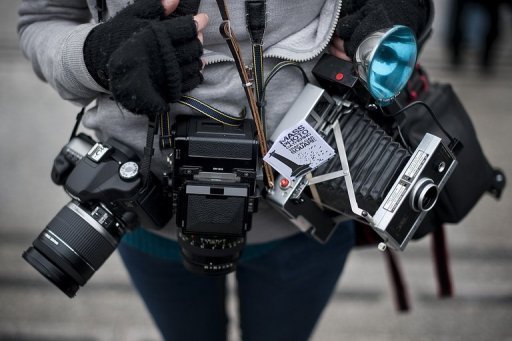In the presence of poets and writers from all over the world, the Cairo Literature Festival kicked off its third round.
Mohamed El-Baely, who has been a journalist for around 14 years, founder and director of Sefsafa publishing house and the director of the festival, plans to transform his publishing house into an integrated cultural foundation.
The festival was celebrated as a part of this plan, which is being achieved in cooperation with volunteers, the Egyptian Ministry of Culture, civil associations, embassies, and foreign cultural centres in Egypt.
Thanks to these connections and continuous travels of the people involved in the festival, the festival gathered guests from all over the world, including Syria, Lebanon, Iraq, Kuwait, Turkey, Germany, Switzerland, and the Netherlands.
This is the third consecutive year for the festival to be celebrated. The first time it included 13 countries, the second time it went up to 15 countries, finally reaching 18 countries this year.
The festival witnessed a confident start during its first issue, which took place in 2015. Turkish writer Orhan Pamuk, who had been awarded the 2006 Noble Prize in literature, was present.
“This time, women were the heroines,” said Mohamed El-Baely, since the motto of the festival was “Women are the ink and the soul of writing.”
Writers from 18 countries participated in the 2017 Cairo Literature Festival. Those were Egypt, Lebanon, Syria, Iraq, Kuwait, Turkey, Germany, the Netherlands, Austria, Bulgaria, the Czech Republic, Canada, the UK, and the US.
Another factor that made the 2017 festival’s round special was the participation of countries from central and Eastern Europe.
Jana Putrle Srdić, a Slovenian poet who read her poems at the festival, commented regarding this, saying that there is a lot of literature being translated from Arabic and Hebrew to Slovenian but not many translated vice versa unfortunately. “This is why I consider this festival an opportunity to enhance literature exchange between Slav and Arabic literature in both directions.” she added.
Srdić’s poetry can be described as a free verse one with an existential narrative. Her poems connect man to nature, not in the old romantic tradition, but rather in a contemporary way. “Through my poems, man, nature, and technology interact,” she says.
Suzana Tatrik is another Slovenian who participated with her book Parallels, published in Slovenia in 2007, was awarded the most prestigious Slovenian prize (the Prešeren Award) and was translated to Arabic. “The reader will see the world from a sincere and unhypocritical point of view, the one of a child. However, it is not children’s literature.”
Tatrik said, “I am very happy and proud to take part in this festival as this is my first book to be translated to Arabic, while very few books are translated from Slovenian to Arabic.”
Last but not least, work written in English had a notable presence, since writers from Canada, UK, and the US took part.
With her book The Disappeared—which tells the story of Canadian Anne Greves, whom falls in love with Cambodian Serey—Canadian author Kim Echlin participated in the festival. Through this fictional story, readers can witness the revealed forces, including the political ones, that have an effect on love everywhere.
The Disappeared was nominated for the Scotiabank Giller Prize and won the Barnes & Noble Discover Great New Writers Award for Fiction.
END




